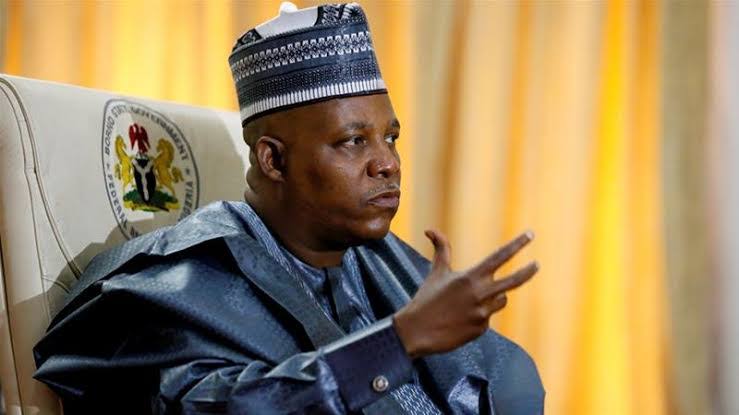“We are truly grateful for Dr Qurashi’s generosity and commitment to serve our communities, and for his dedication to empowering Tanzanians through skills transfer and rehabilitation support,” said the diplomat.
This impactful collaboration reflects the shared commitment of global partners and the Tanzanian diaspora to advancing inclusive healthcare and restoring dignity through mobility.
experience in conflict and disaster zones. His work spans across Burma (Myanmar), Pakistan, Syria, Bangladesh, Nepal, and beyond, often under extremely difficult conditions.
For example, he once traveled two and a half days into Burma to reach a remote refugee camp following a genocide. Despite such challenges, he manages his time and finances independently and does not rely on others for support.
Dr Viquar Qurashi is affiliated with reputable institutions, including the Rotary Club and the British Parliamentary Limbless Society, reporting to the UK House of Commons every quarter.
His experience commands respect in policymaking circles. He regularly advocates for the rights of amputees, particularly young war veterans from Afghanistan and Iraq, highlighting the need for high-quality prosthetics and comprehensive support.
ALSO READ: Hale power station rehabilitation hits 40 pc completion
One of Dr Viquar Qurashi’s key messages is that limb replacement need not be prohibitively expensive.
He contrasts the luxury and commercialized model—where athletes like Oscar Pistorius have prosthetic legs costing up to £40,000—with the minimal-cost, highly effective solutions used in resource-poor settings.
His model includes functional limbs made from low-cost materials like PVC and plaster of Paris, manufactured using basic tools such as drills, ovens, and hammers in a cottage industry setting.













